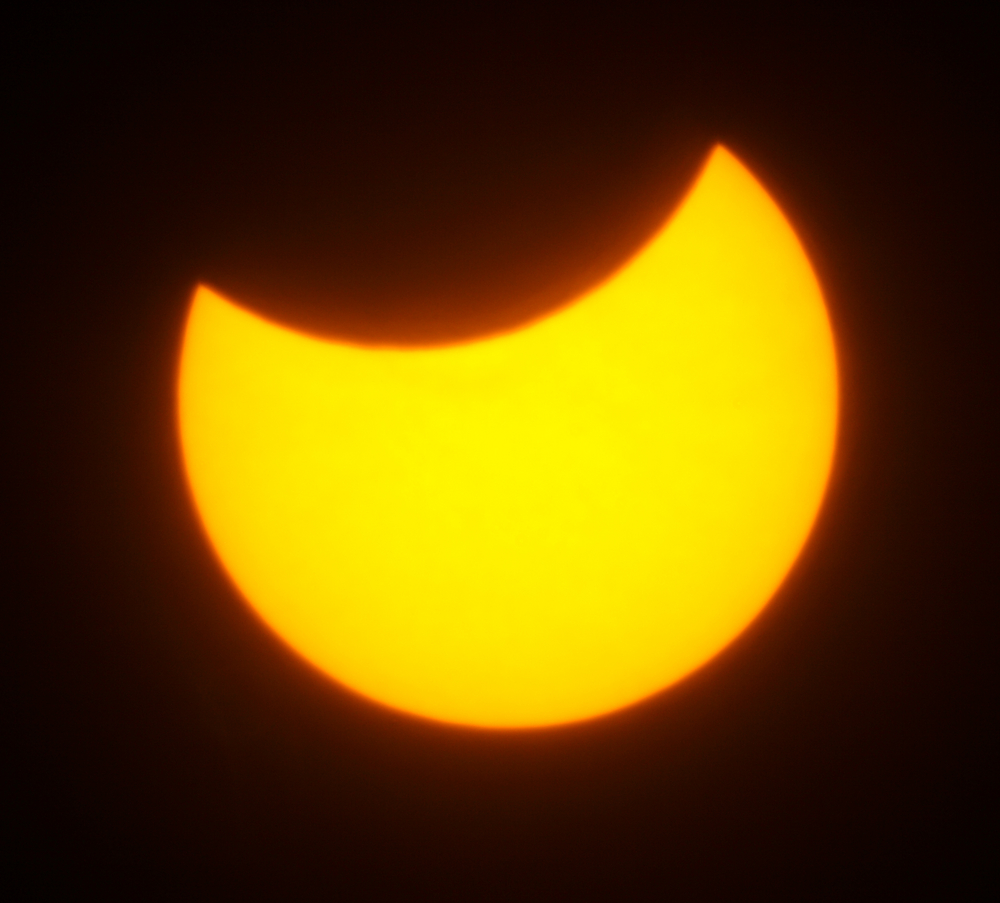Eclipse 2015: take part in the world's biggest eclipse weather experiment
Release Date 04 March 2015

Scientists at the University of Reading are turning the skies of Britain into a giant weather experiment as the country experiences a rare solar eclipse later this month - but they need your help.
The British Isles will be plunged into twighlight-like partial darkness at around 9.30am on Friday, 20 March 2015 as the country experiences a solar eclipse for the first time since 1999.
Meteorologists are planning the biggest eclipse weather experiment ever attempted. Now they are recruiting an army of citizen scientists across the UK to observe weather conditions such as clouds, wind and temperature.
Anyone, including children, can take part - even if, on the day, it is cloudy or raining. All the observations from across the UK will be combined with other data to provide the most detailed picture of the effects of an eclipse on the weather ever assembled. This will help scientists gain crucial insights into how our atmosphere, and our weather, works.
Organisers are particularly keen to get the help of school pupils, who will be able to learn first-hand about science by participating in a world-leading weather experiment.
The eclipse is a once-in-a-generation opportunity to conduct the experiment, as there will not be another partial eclipse in the UK until 2026.
It will be possible to take part using simple instruments, or even just with observations made without any instruments at all. However, organisers are reminding participants never to look directly at the sun at any time, even for a second, as direct sunlight can permanently damage your eyes. Advice on how to safely observe the eclipse is available here.
DETAILS: Visit the Department of Meteorology website.
SCHOOLS: Details for schools and teachers on how to take part.
VIDEO: Watch the BBC School Report on the plans.
FAQs: Frequently Asked Questions about the experiment.